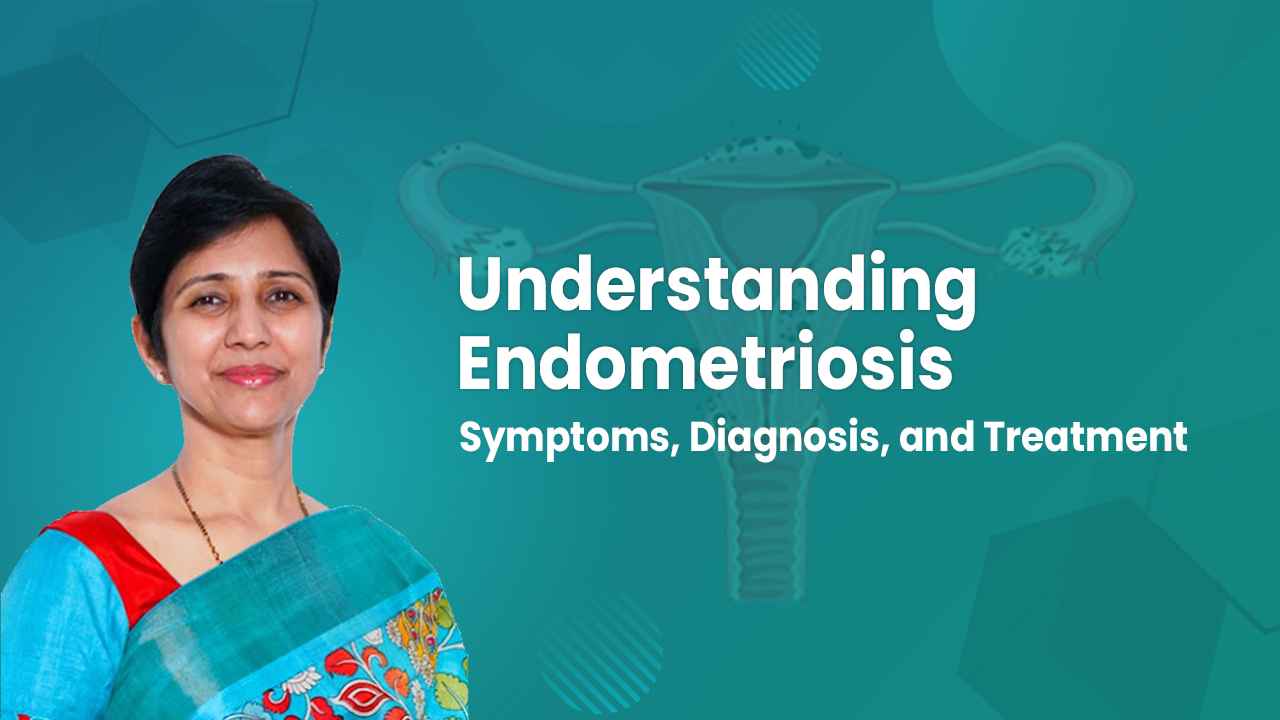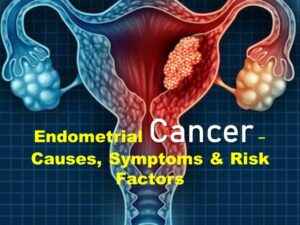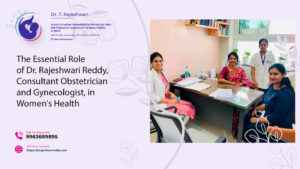Understanding endometriosis, under the expert guidance of Dr. Rajeshwari Reddy, a distinguished gynecologist with over 23 years of experience and recognized as one of the best in Hyderabad at Continental Hospital, involves recognizing symptoms, navigating diagnostic methods, and exploring treatment options tailored to each patient’s needs. Here’s an in-depth exploration of endometriosis:
Recognizing Symptoms
- Common Symptoms:
- Discussing symptoms such as pelvic pain, particularly during menstruation or intercourse, excessive menstrual bleeding, and bowel or urinary disorders.
- Addressing how symptoms can vary in severity and impact on daily life.
- Impact on Fertility:
- Exploring how endometriosis can affect fertility, including the formation of ovarian cysts (endometriomas) and potential scarring within the pelvic organs.
- Providing guidance on fertility preservation options and family planning.
Diagnosis
- Clinical Evaluation:
- Conducting a thorough medical history review and pelvic examination to assess symptoms and potential risk factors for endometriosis.
- Considering the correlation between symptoms and menstrual cycle patterns.
- Diagnostic Imaging:
- Utilizing ultrasound imaging and MRI scans to visualize endometrial implants and assess the extent of pelvic involvement.
- Discussing the role of imaging in guiding treatment decisions and surgical planning.
- Laparoscopic Surgery:
- Recommending laparoscopy as the gold standard for definitive diagnosis, allowing for direct visualization and biopsy of endometrial tissue.
- Discussing the benefits of laparoscopic surgery in confirming diagnosis and providing therapeutic interventions simultaneously.
Treatment Options
- Pain Management:
- Prescribing medications such as nonsteroidal anti-inflammatory drugs (NSAIDs) or hormonal therapies (birth control pills, GnRH agonists) to alleviate pain and reduce inflammation.
- Discussing the role of pain management in improving quality of life and daily functioning.
- Surgical Interventions:
- Considering laparoscopic surgery to excise endometrial implants, remove scar tissue (adhesiolysis), or address ovarian cysts (endometriomas).
- Providing information on recovery expectations and potential benefits in symptom relief and fertility preservation.
- Hormonal Therapies:
- Discussing the use of hormonal treatments to suppress menstrual cycles and reduce the growth of endometrial tissue, tailored to individual symptoms and fertility goals.
- Exploring long-term management strategies and potential side effects of hormonal therapies.
Personalized Care
- Patient Education:
- Offering comprehensive education on endometriosis, including potential causes, symptom management, and the impact on reproductive health.
- Encouraging open communication and shared decision-making in treatment planning.
- Multidisciplinary Approach:
- Collaborating with other healthcare specialists, such as fertility experts or pain management professionals, to provide holistic care and support.
- Addressing psychological aspects and emotional well-being related to chronic pain and fertility concerns.
Conclusion
Understanding endometriosis requires a multidimensional approach that integrates symptom management, accurate diagnosis, and personalized treatment strategies. With the expertise of Dr. Rajeshwari Reddy at Continental Hospital, Hyderabad, individuals can receive compassionate care, comprehensive evaluation, and effective treatment options to manage endometriosis and improve overall quality of life.




